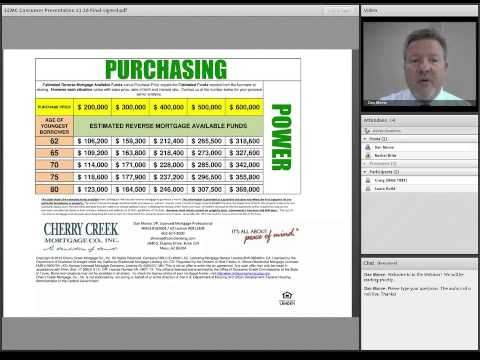Having Learned Nothing From 08 the Feds Double Down On Housing
Post on: 12 Июль, 2015 No Comment

A very good read.
The housing market meltdown that began in 2007 and helped trigger the recent recession was completely avoidable. The conditions that created the slow-growth rush into housing did not arise by accident or even neglect; rather, they were a direct result of the incentives in the industry and the involvement of the government. Proving that nothing was learned by housing market participants from the market meltdown, both lenders and government regulators appear intent on repeating their mistakes.
The housing bubble was virtually inevitable given the economic incentives provided to mortgage market actors and the political agendas (and economic incentives) of mortgage (pseudo)-regulators. With virtually all mortgages being bundled into mortgage backed securities (the famous MBSs and CDOs), the mortgage originators and bundlers had no incentive to ensure that loans would be paid back and had every incentive to maximize the number and size of mortgages made.
All the people approving the mortgages got paid when a loan was closed or a bundle of securitized mortgages was sold. Originators just wanted to find a way to get a prospective lender qualified under some program so they would get paid. Bundlers just needed a rating and a market for their products so they could be paid. Neither lost money when loans went bad. Even the firms rating the mortgage backed securities made more money if more loans were pushed through the system. Michael Lewis wonderfully captured all these flaws in The Big Short.
The regulators and quasi-government agencies that determined which loans could receive government guarantees played their role in the bubble as well. They had a political agenda of trying to boost the homeownership rate both in general and especially among minority groups and lower income families. They also had economic incentives to grow Fannie Mae and Freddie Mac because as those two mortgage guarantors grew in size, their executives saw big pay and bonus increases that made quite a few politically connected executives get rich.
After the incentive-created bubble burst, Congress attempted to step in and fix the incentive problems as part of Dodd-Frank. Mortgage originators would be required to have some skin in the game by forcing them to keep at least 5 percent of non-qualified mortgages on their books. Fannie Mae and Freddie Mac were placed under government conservatorship and returned to a more neutral role of guaranteeing mortgages with higher down payments and much lower risk. Credit was supposedly tightened with higher standards and fewer exotic mortgages designed to make people look like they could afford loans that they really could not.
All of these actions seemed reasonable at the time, but all have been eroded or reversed in the past year or two.
Banks have succeeded in getting the regulations on what mortgages count as qualified changed so that essentially all mortgages will be qualified and originators will not need to have any skin in the game. That means they will still make their profits regardless of whether the loan is ever repaid. Interestingly, two Republicans on the Securities and Exchange Commission protested the rule weakening, while the Democrats on the Commission were in favor of the change.

This final rule adopted by the SEC came the same week that the Federal Housing Financing Agency, overseer of Fannie Mae and Freddie Mac, announced that they are soon to change their rules to allow loans with only 3 percent down payments to meet their standards.
This means we have more or less completed a full regulatory circle and returned to the same lax standards and skewed incentives that produced the real estate bubble and meltdown. Apparently, nobody learned anything from the last time and we should prepare for a repeat of the same disaster we are still cleaning up.
Research has shown that low or negative equity in a home is the best predictor of a loan default. When down payments were 20 percent, nobody wanted to walk away from the house and lose all that equity. With no equity, many people voluntarily went into foreclosure because their only real loss was the damage to their credit score. This contributed greatly to the foreclosure and delinquency rates being so much above what the lenders and rating agencies had predicted.
The best way to a stable and healthy real estate market is buyers and lenders with skin in the game. Unfortunately, those in charge of these markets have reversed all the changes made in 2009 and 2010 and we are running back toward mortgages with little homeowner equity and no incentive for lenders except to close loans. If some politicians or taxpayer groups do not intervene soon, the desire of mortgage lenders, bundlers, and guarantors to get rich will be given precedence over safety and stability. The end result will be another big bill for taxpayers to clean up the mess. Failing to learn from one’s mistakes can be very expensive.
Jeffrey Dorfman is a professor of economics at the University of Georgia, and the author of the e-book,Ending the Era of the Free Lunch.














